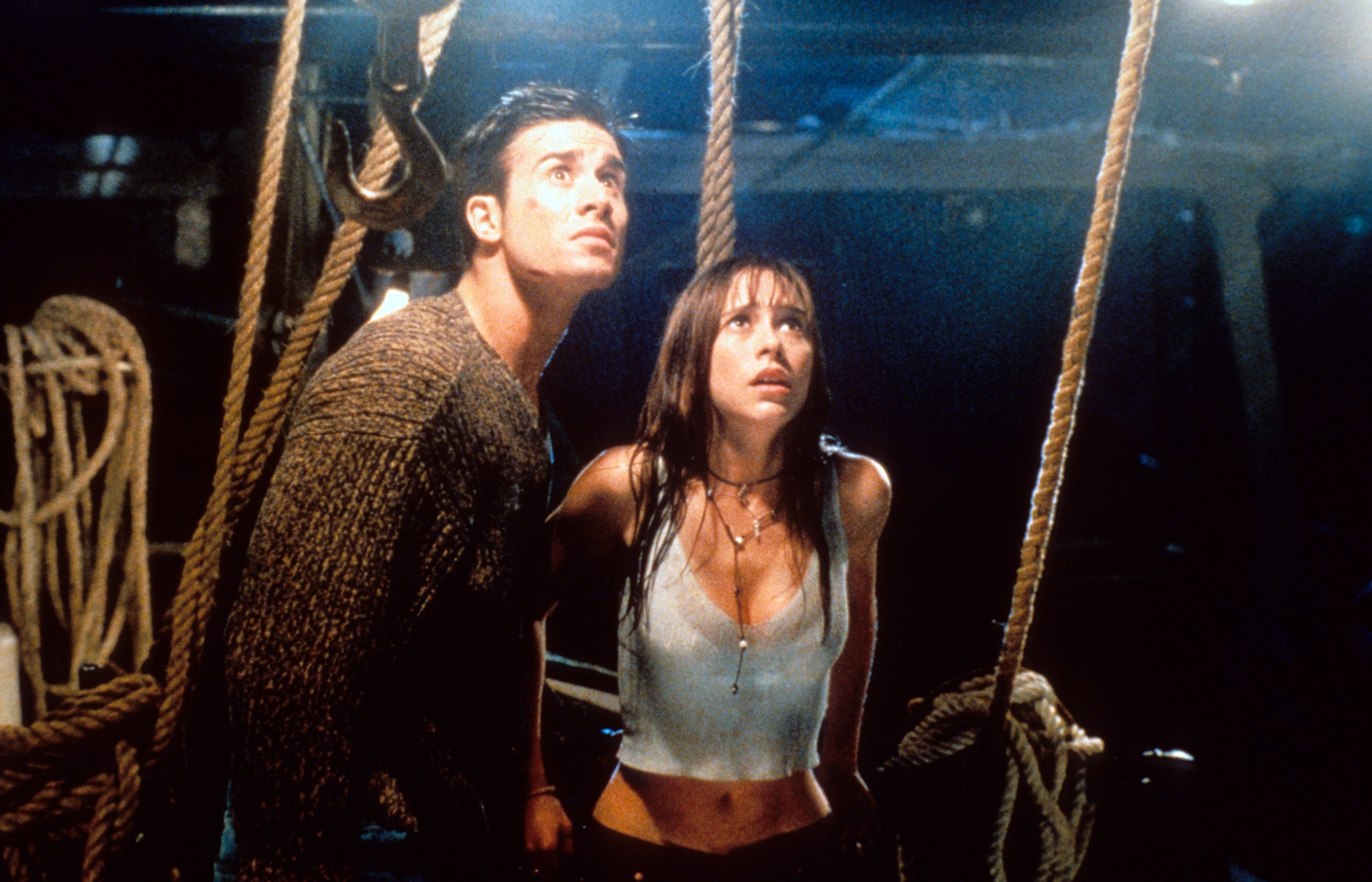

Yanagihara ( The People in the Trees, 2013) takes the still-bold leap of writing about characters who don’t share her background in addition to being male, JB is African-American, Malcolm has a black father and white mother, Willem is white, and “Jude’s race was undetermined”-deserted at birth, he was raised in a monastery and had an unspeakably traumatic childhood that’s revealed slowly over the course of the book. A bleak book, far less frothy than some of Angell's recent offerings, that offers some hope-Nicole still cares and has real strengths, though after more than two years of turmoil and reassessment the outlook for her remains precarious.įour men who meet as college roommates move to New York and spend the next three decades gaining renown in their professions-as an architect, painter, actor and lawyer-and struggling with demons in their intertwined personal lives. Still, she begins to imagine better possibilities for herself if she can turn her life around. Nicole joins an older crowd with gang connections skips school tries alcohol, cigarettes, and dope and begins-at 14-a sexual relationship because she "wouldn't want to lose Ray." When her father finally reappears, she moves in with him to escape her mother's belated supervision her relationships with her group disintegrate, and she tires of her dead-end job and of doing housework for her father, who's apparently still involved with drugs.

Missing New Hampshire, unhappy in Queens, she resents her mother's new partner, who eventually becomes her fianc‚. After her parents separate because of her father's involvement with drugs, Nicole recounts her own drifting journey of self-discovery.


 0 kommentar(er)
0 kommentar(er)
